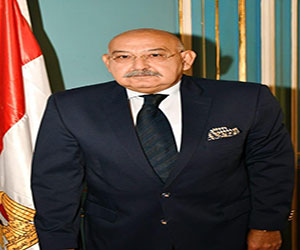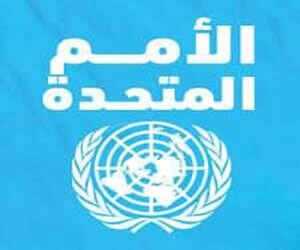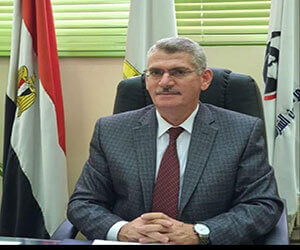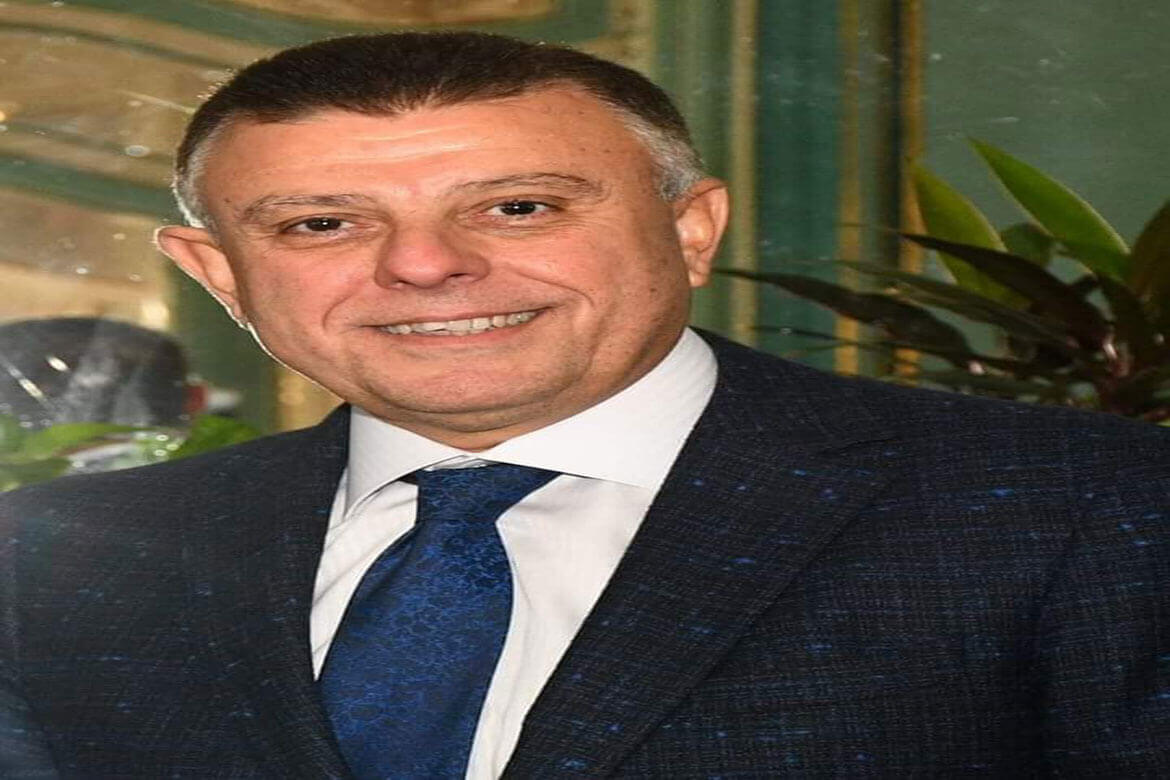The United Nations conference and addressing Middle East issues
The "United Nations and Addressing Middle East Issues" conference, held by the Center for Middle East Research and Future Studies, was launched to celebrate the 75th anniversary of the establishment of the United Nations. The online conference continues on Tuesday and Wednesday 30 and March 31, with two sessions a day from ten in the morning until two Noon.
The conference is sponsored by Prof. Dr. Mahmoud El-Metini, President of Ain Shams University, Prof. Dr. Hisham Tamraz, Vice President for Community Affairs and Environmental Development, Chairman of the Center’s Board of Directors, and Prof. Dr. Ashraf Mu'nis, General Rapporteur of the conference.
The conference deals with several axes related to how the United Nations deals with the most important contemporary issues affecting the Middle East region at various levels, and among those axes:
1. A comprehensive definition of the United Nations and a historical overview of the United Nations
2. The United Nations and its impact on development in the Arab world.
3. The challenges facing the Arab world from the major powers in influencing the United Nations
4. The political and military role of the United Nations in the Middle East
5. The economic and social role of the United Nations in the Middle East
6. The role of the United Nations culturally
7. Show models and experiences of successful personalities in the Arab world who played a role in the United Nations.
8. The role of the United Nations in confronting terrorism in the Middle East
9. The United Nations and the Arab-Israeli Conflict
10. Arab conflicts and the United Nations
11. The role of the United Nations in resolving conflicts between Arab and Islamic countries
12. The role of the United Nations in resolving the Egyptian-Israeli conflict
13. Arab and Islamic issues raised at the United Nations
14. The agencies of the United Nations and their role in interfering in the Middle East affairs, such as the International Atomic Energy Agency - Agency for Refugees, etc.
15. The International Monetary Fund, its objectives, financial resources and its influence in shaping Middle East policy
16. The powers of the Security Council in resolving conflicts peacefully and militarily in the Middle East and in adopting economic sanctions such as the trade embargo
17. The United Nations General Assembly, its resolution and its role in voting on issues of security and peace in the Middle East
18. The nine functional committees of the United Nations (Population and Development Commission - Human Rights Commission - Science and Technology Commission - Criminal Justice Commission - Narcotics Committee - Women Committee - tatistical Committee and its role in the Middle East)
19. The United Nations and its role in water issues, education, women, work, settlements, environment, climate and measurement in the Middle East
20. The International Court of Justice and the Trusteeship Council and its historical and political role in the Middle East, for example (Taba Arbitration Case).
 |
 |
 |
||


.svg)




